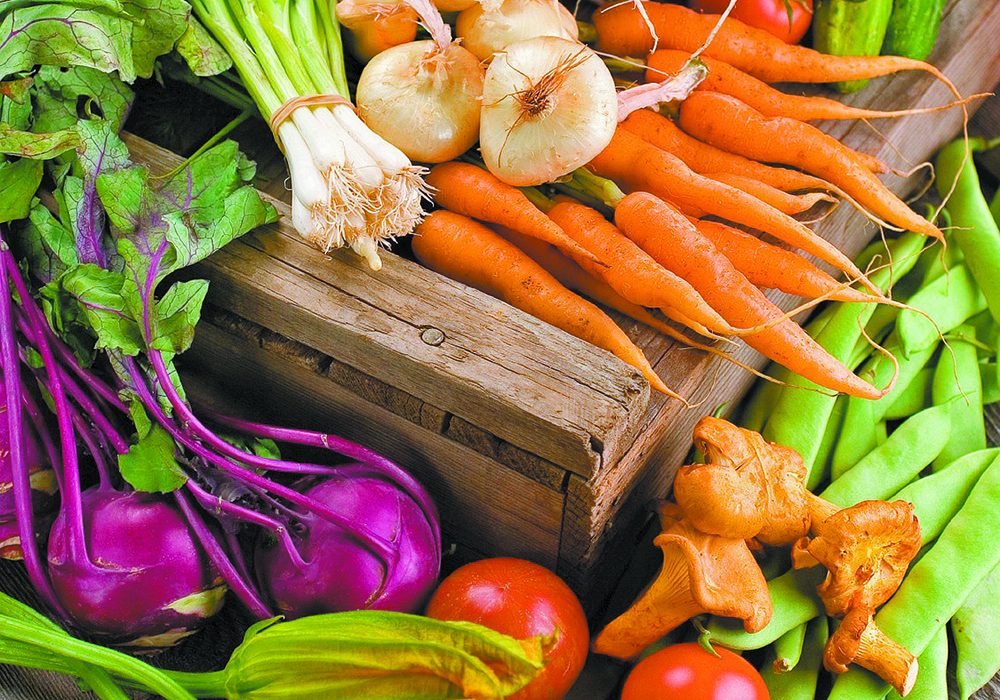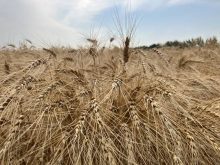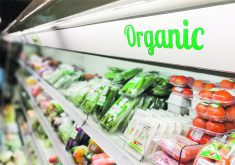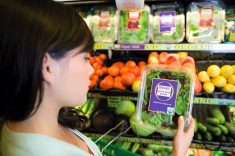The number of organic farmers and acreage may be flattening in Canada, but not in Quebec.
Growth is way up in Quebec, as the province continues to add growers and land that is organically certified.
Data from L’Union des producteurs agricoles (UPA) shows that acreage went from 178,980 in 2017 to 243,168 in 2019, a jump of 36 percent.
Canadian Organic Trade Association data suggests Quebec acreage is expanding more rapidly. In a September webinar, COTA reported Quebec acres of 314,000 in 2017 and 570,000 in 2019, an expansion of nearly 65 percent.
Read Also
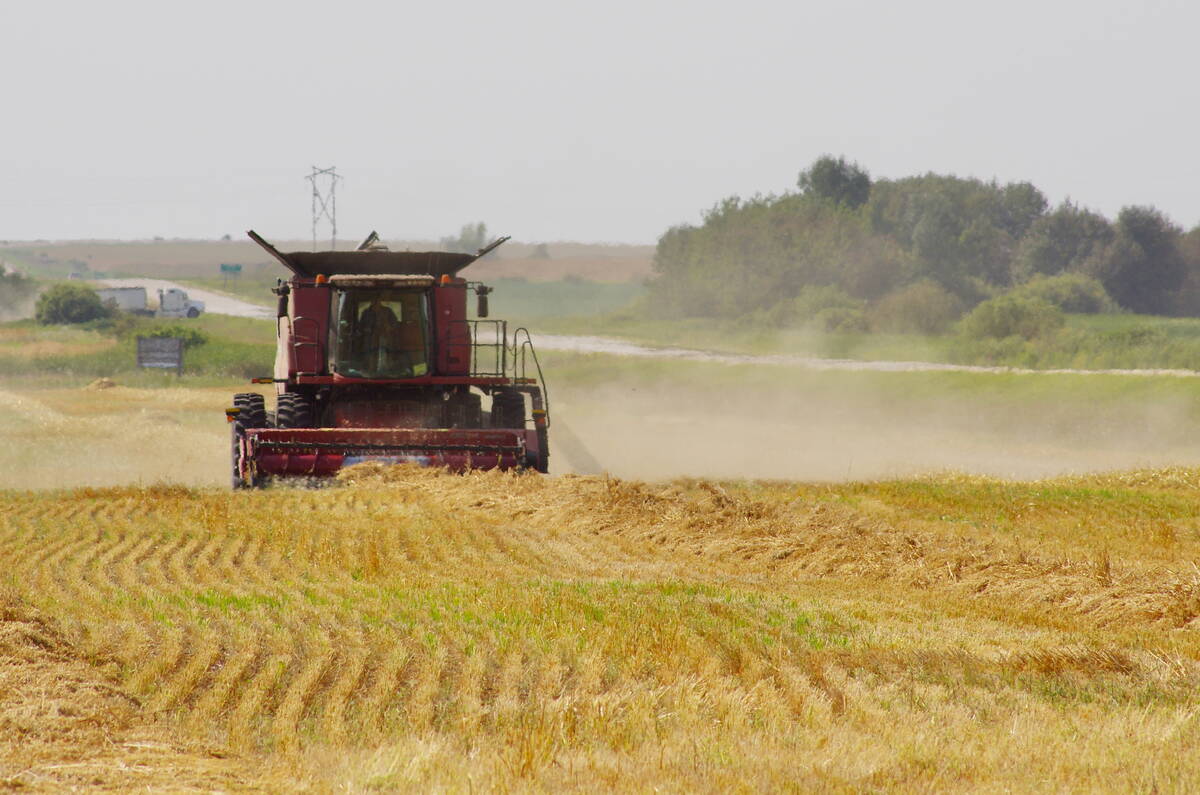
Herbicide resistance sprouts in Manitoba’s wild oats
Farmers across Manitoba this fall are gearing up for the latest salvo in what, for many, has become a longtime battle to beat out wild oats.
Its acreage data includes maple syrup production, which inflates the Quebec figures.
Regardless, Quebec’s organic industry is gaining strength while other provinces are stagnant.
Saskatchewan’s organic acreage in the same time period went from 1.16 million to 1.04 million.
Across Canada, certified organic acreage is still expanding but at a slower rate compared to the mid 2010s.
From 2013-16, organic acres went from 2.15 million to about three million. From 2017-19, acres climbed from 3.3 to 3.4 million, based on data from the COTA webinar.
Quebec’s organic boom can be attributed to provincial incentives. Producers are paid to convert farmland to organic production. An Organic Council of Ontario report from 2018 explains how the program works:
• For grains and oilseeds, farmers are paid $100 per ha.
• For fruits and vegetables, it’s $2,500 per ha.
• For forage and grazing land, the payment is $25 per ha.
“An operator can apply for up to $10,000 during their pre-certification phase and up to $10,000 in their first year of certification,” the Ontario report says. “The payments are not received until the third year of transition and first year of certification.”
The incentive program also provides funds for switching livestock buildings to organic programs.
The financial incentives are obviously working because Quebec now has more than 40 percent of the organic farmers in the country.
Organic farmers in Canada (2019 data)
- Quebec: 2337
- Saskatchewan: 941
- Ontario: 879
- Alberta: 593
- British Columbia: 593
- Manitoba: 178
- Maritimes: 156
- Canada: 5,667
Source: Canadian Organic Trade Association
Quebec had 2,337 organic producers in 2019. In second place was Saskatchewan, with 941. Across Canada, there are more than 5,600 organic producers.
“There were decreases (in farmers) across almost every province except Quebec and Manitoba,” said Tia Loftsgard, COTA executive director.
“We had four percent growth (over 2018) but mostly because Quebec had 254 new farms. There were only two new farms in Manitoba.”
The financial support for organic farmers is part of a broader food policy in Quebec. In 2018, the provincial government announced a seven-year, $5 billion program to stimulate growth in the province’s agri-food sector, including the expansion of organic production.
“Among the policy’s main goals are to increase sales of home-grown food products in Quebec by $10 billion and grow Quebec’s food exports by $6 billion by 2025,” the Montreal Gazette reported in 2018.
The support for organic farmers actually pre-dates the $5 billion program. Quebec has been paying producers who go organic since 2015, the Ontario Organic report said.
It is the only province that pays farmers for converting land to organic.
Contact robert.arnason@producer.com




